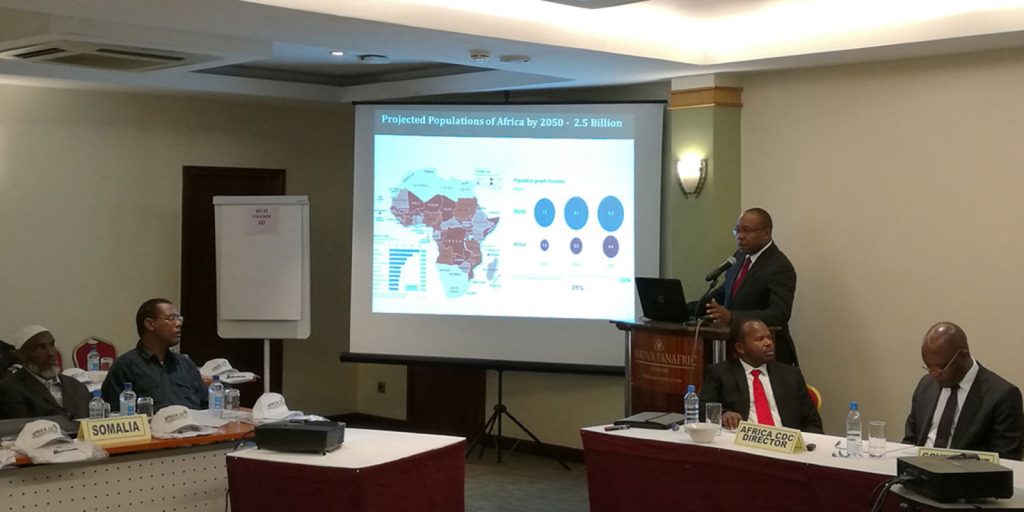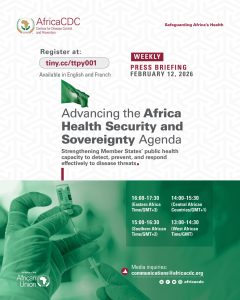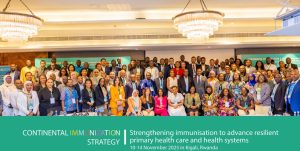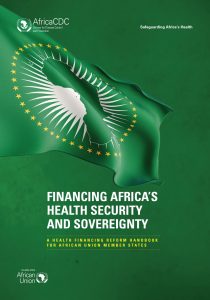The Africa Centres for Disease Control and Prevention launched Friday its strategic plan to improve surveillance, emergency response, and prevent infectious diseases on the continent. The plan was reviewed by its experts’ body, the Advisory and Technical Council, before it was endorsed by its Governing Board that includes ten Ministers from the five regions of the African Union on Wednesday. The plan launched at the ongoing Scientific Symposium of the Africa CDC provides a solid framework for the institution to deliver on its mandate. The institution will lead continental efforts to collect and disseminate disease intelligence and to strengthen the ability of public health institutions to detect and control disease threats based on science and policy. To achieve these ends, Africa CDC will work with partners across the continent, including the private sector, and promote innovation.
“The strategy provides a clear roadmap for the Africa CDC to deliver on its key mandate to provide timely, actionable, and continent-wide surveillance and disease intelligence data; rapid deployment of coordination and technical expertise to respond to outbreaks, health diplomacy and seamless and well-coordinated regional laboratory and surveillance networks across countries” said Dr. John Nkengasong, the Director of the Africa Centres for Disease Control and Prevention.
Within the next two years, the Africa CDC will support the establishment of centralised event-based surveillance for priority pathogens in Africa and of 5 Regional Collaborating Centres that will strengthen existing surveillance and laboratory networks. Africa CDC will also establish a rapid response team to address health threats, supplemented with a continent-wide Africa Health Volunteers Corps. The Africa CDC will define protocols for outbreak declaration and response while advocating for the establishment of Emergency Operational Centres in each country. The Africa CDC will define a system to organise national surveillance data and work towards uniform health information standards for Africa. It will concurrently work on creating policy frameworks to guide countries to strengthen their public health institutes. The implementation of these immediate priorities will require United States dollars 34.4 million. Africa CDC will make the case to African countries and the private sector that funding Africa CDC and public health should be seen as investment, not a cost.
For the next five years, the Africa CDC’s strategic priorities are to strengthen health-related surveillance systems and establish diseases intelligence hubs for improved public health decision making and action. The Africa CDC will further strengthen information systems to collect and analyse public health information in Africa in a timely manner. Africa CDC will also work to improve workforce competency and quality assurance by working with networks of clinical and public health laboratories. The Africa CDC will also support member states to develop effective public health emergency preparedness and response plans and strengthen public health science and improve public health decision-making and practice to achieve positive health outcomes.







